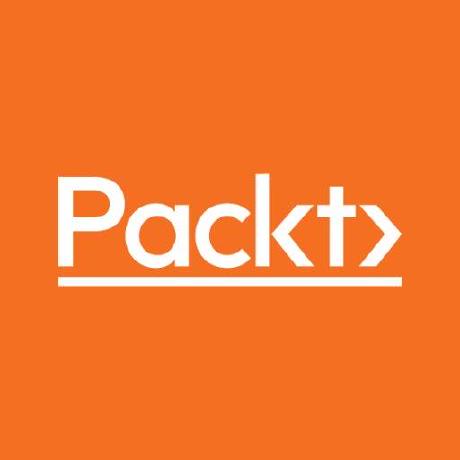Discover and explore top open-source AI tools and projects—updated daily.
Machine-Learning-Engineering-with-Python-Second-Edition by  PacktPublishing
PacktPublishing
ML engineering and MLOps for production Python solutions
Top 96.7% on SourcePulse
Summary
This repository contains code examples for "Machine Learning Engineering with Python, Second Edition," targeting MLOps and ML engineers. It provides a practical, examples-based guide to managing the production lifecycle of ML models, enabling the creation of standardized "model factories" and equipping engineers with skills for the evolving field.
How It Works
The project details the ML development lifecycle, emphasizing a "model factory" approach for repeatable training and retraining, integrated with CI/CD and drift detection. It leverages open-source and cloud technologies, featuring advanced pipelining (ZenML, Kubeflow) and distributed computing (Spark, Ray). A new chapter covers deep learning, generative AI, and LLMOps using tools like LangChain and Hugging Face.
Quick Start & Requirements
Setup requires installing numerous tools including Anaconda/Miniconda, Python, Git, Docker, and potentially cloud services (AWS). Specific chapters necessitate MLFlow, Tensorflow, PyTorch, Make, Kind, Kubeflow, ZenML, Airflow, Spark, Ray, OpenAI API, and Minikube. Supported OS are MacOS, Windows, and Linux. Download links are available within the book's content.
Highlighted Details
- Comprehensive coverage of the ML development lifecycle and MLOps.
- New chapter on Deep Learning, Generative AI, and LLMOps with LangChain and Hugging Face.
- Advanced pipelining with ZenML and Kubeflow.
- Scaling solutions via Spark, Ray, Docker, Kubernetes, and serverless architectures.
- Practical examples for ML microservices and batch processing (ETML pattern).
Maintenance & Community
Authored by MLOps expert Andrew Peter McMahon, the project offers community engagement via a Discord server. An errata for Chapter 1 is noted.
Licensing & Compatibility
The repository's specific license is not stated in the provided text. Examples utilize open-source tools and mention AWS, indicating integration within common ML/cloud ecosystems.
Limitations & Caveats
No explicit limitations are listed. An errata exists for a Chapter 1 command. OpenAI API usage incurs costs. Content is book-centric, focused on learning and application of its material.
3 months ago
1+ week

 RunLLM
RunLLM 1duo
1duo data-infra
data-infra iusztinpaul
iusztinpaul mlrun
mlrun krishnaik06
krishnaik06 zzsza
zzsza raminmohammadi
raminmohammadi GokuMohandas
GokuMohandas wandb
wandb tencentmusic
tencentmusic